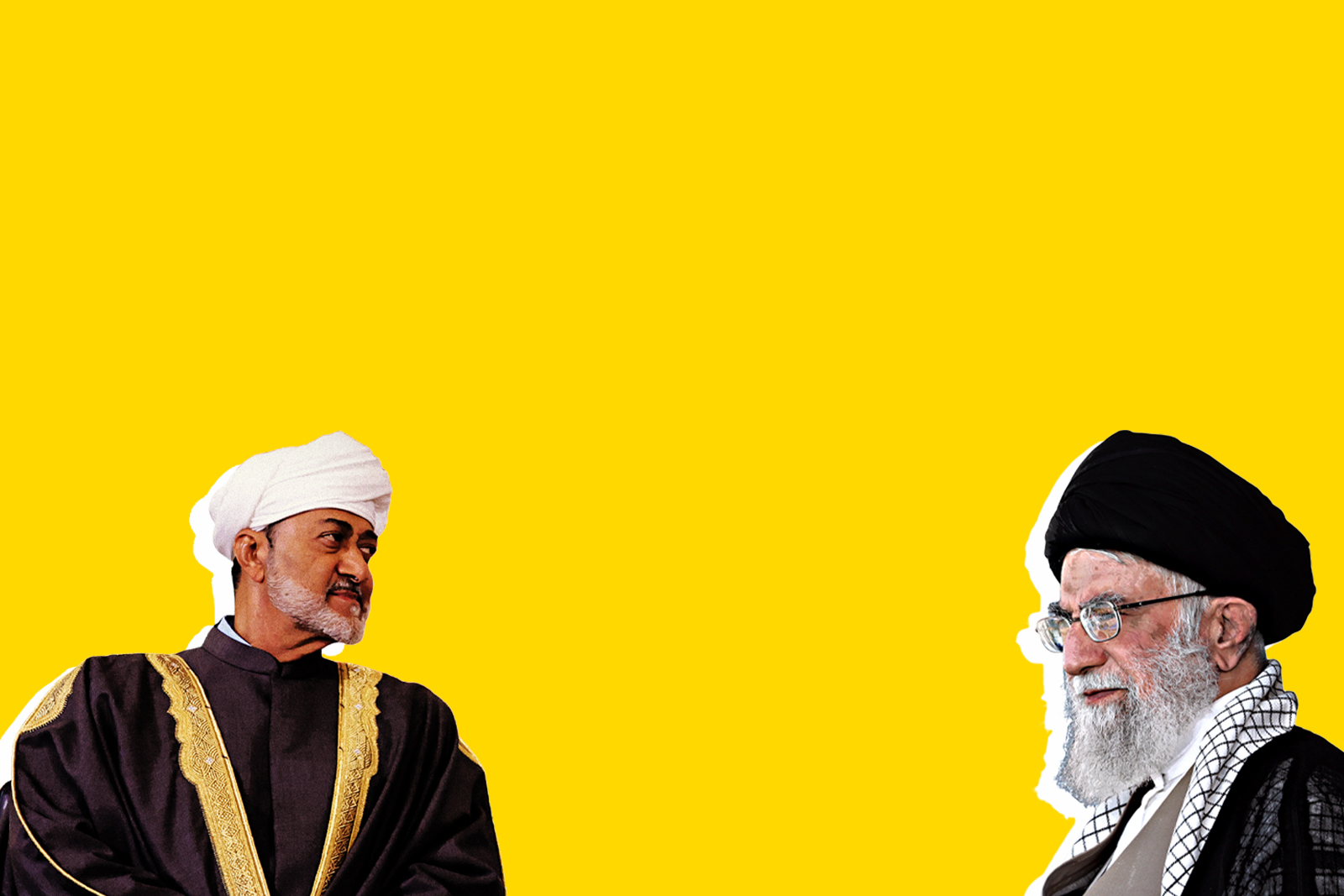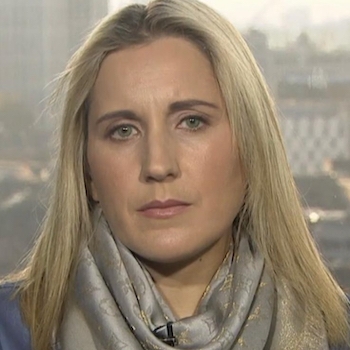
Oman and Iran are Facing Internal Headaches
Change is coming to the Middle East in more ways than one. As it were, protests in Iran have triggered dynamics which could rewrite the entire region, allowing for new opportunities to be explored. And while it is nearly impossible at present to draw an accurate picture of what will be; to consider what could be, may prove rather useful – if anything to allow ourselves to ponder over our options.
It is often beyond the boundaries of what we know that true innovation lies. So far, we have limited our thinking to the accepted status quo, preferring to tolerate those regimes which openly state their wish to harm us on the belief that their hold on power is immutable. But change is the only true constant.
Ever since news broke of Mahsa Amini’s death at the hands of the morality police for failing to adequately cover her hair, Iranians have swarmed the streets, calling for the fall of the regime and its henchmen. The regime hasn’t helped itself by killing dozens of protestors since the initial protests began.
And though many throughout the world have yet to recognise Iran’s palpable rage, the birth of a revolutionary movement may soon sweep through the entire region for it echoes the anger of revolutions past. With that, opposition groups are seizing the opportunity which now lies before them by planning what comes next.
Away from the scrutiny of most media, new alliances are being built and accords brokered. With the potential collapse of the Islamic Republic of Iran, new forces are seeking to define the Middle East, something we ought to pay attention to as it might offer some answers to our most immediate needs – namely energy security and a buffer against Islamic radicalism.
With Iran in the throes of a budding revolution, opposition groups have put their ears to the ground, keen to exploit the unrest to propose a new way forward, and in doing so bring about a new paradigm – in line with the spirit of the Abraham Accords.
Opposition groups in Ahwaz, a province of Iran home to a majority Arab Sunni ethnic group, and Musandam (a province of Oman which has long called for independence from the Sultanate following its annexation by Muscat in the 1970s) are mulling the terms of an alliance by which each people upon reaching independence would agree to work together in securing an energy corridor.
If we consider that both Ahwaz and Musandam are Iran and Oman’s main energy hubs – the two regions upon which Tehran and Muscat draw their dizzying riches and thus power, such a break would render the two nations redundant politically speaking.
It also means that whatever monopoly the Islamic Republic and the Sultanate of Oman hold over world oil transit chokepoints would come to an abrupt end – a reality which may offer new guarantees to global markets if we consider that for all of its claims of neutrality, Oman has been party to Iran’s expansionist campaigns.
A key ally of the Islamic Republic, Oman has long opened its territories to Tehran’s agents, facilitating their smuggling of weapons and men to the Houthis in Yemen, but playing middleman to Tehran’s sanction circumvention exercise by selling its crude oil to Asia. Needless to say, that Ahwaz and Musandam, whose people continue to suffer the brutality of both their ‘owners,’ have taken issue with such manipulations. Keen to liberate themselves from what they perceive as direct infringements to their right to political self-determination and sovereignty, both people are keen to lean on each other for support – hoping that an alliance would force open negotiations with neighbouring capitals and the West.
Ahwaz here is not bidding for secession from Iran per se, only a break from the current regime so that the Islamic Republic would be cut off from its main source of funding, and therefore diminished in its ability to export its ideological revolution.
As for Musandam, a territory forcibly handed to Oman by the British in the 1970s, independence is very much on the card, a cause supported by popular consensus.
Although many will shudder at the notion of regime change in the Middle East, given the West’s efforts in Iraq, one cannot help but ponder over the validity, and I would posit, rationality of arguments in favour of energy stability and control over a key oil chokepoint: the Strait of Hormuz, especially if change comes to include further normalisation with the State of Israel within the framework of the Abraham Accords.
Our best line of defence against the incursions of Islamic radicalism, Israel’s security immediately translates into the consolidation of our own – not a bad bargain in the light of the Islamic Republic’s recent abhorrent abuses and threats to our economic stability.
A cancer which has spread beyond any hope of containment, our strategy of appeasement has done nothing but weakened our standing, leaving our borders and our future open to the assaults of madmen – much like our exposure to Russia’s energy markets, and thus control.
As we look ahead, the promises of new alliances may be worth abandoning those which present no long-term advantages. At the very least, we ought to consider the possibility.

